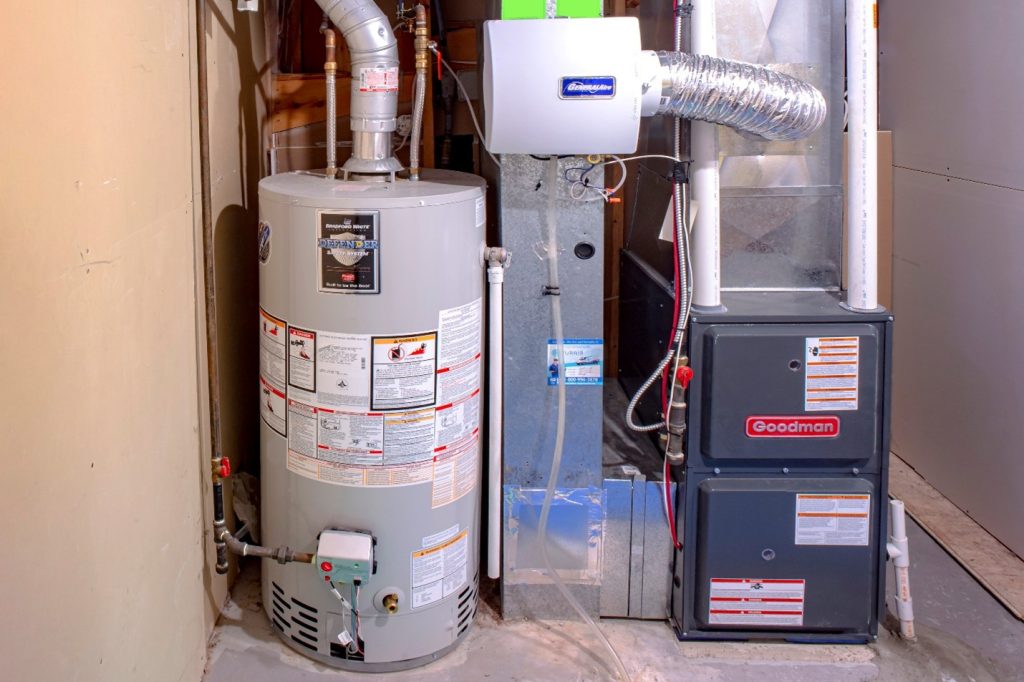As homeowners, we rely heavily on hot water heaters to provide us with the comfort and convenience of hot showers, clean dishes, and warm laundry. However, like any household appliance, hot water heaters have a limited lifespan. The good news is that with proper care and maintenance, you can significantly extend the life of your hot water heater, saving you money and the inconvenience of unexpected breakdowns. In this comprehensive guide, we’ll explore some practical tips to help you make the most of your hot water heater’s lifespan.
Maximize the lifespan of your hot water heater by following these guidelines.
Regular Maintenance is Key
Regular maintenance is the cornerstone of ensuring your hot water heater’s longevity. Here are some maintenance tasks you can perform to keep your hot water heater in top condition:
1. Flush the Tank:
Over time, sediment and mineral deposits can build up at the bottom of the tank. This accumulation not only reduces the efficiency of your heater but can also lead to overheating and potential damage. Periodically flushing the tank helps remove this sediment and keeps your heater running smoothly.
To flush the tank, follow these steps:
- Turn off the power supply (electricity or gas).
- Connect a garden hose to the drain valve at the bottom of the tank.
- Open the pressure relief valve at the top of the tank.
- Open the drain valve and allow the water to flow out. Be cautious as the water may be hot.
- Close the drain valve and pressure relief valve when the water runs clear.
2. Check for Leaks:
Inspect your hot water heater and the surrounding area for any signs of leaks. Even a small leak can lead to significant problems if left unattended. Leaks not only wastewater but can also damage the heater and surrounding structures. If you notice a leak, it’s essential to address it promptly.
3. Test the Pressure Relief Valve:
The pressure relief valve is a safety feature that prevents excessive pressure from building up in the tank, which can lead to catastrophic failures. Test it periodically by lifting the lever to release some water. If it doesn’t operate correctly, it may need to be replaced.
4. Insulate Your Tank:
Adding an insulating jacket to your hot water heater can help it retain heat more efficiently, reducing the workload on the heating element and extending its lifespan. Insulation is especially beneficial if your heater is located in an unheated area, such as a garage or basement.
5. Set the Right Temperature:
Setting the temperature of your hot water heater too high not only increases the risk of scalding but also puts more stress on the unit. Most experts recommend setting the temperature to around 120 degrees Fahrenheit (49 degrees Celsius). This is hot enough for most household needs while being energy-efficient and safe.
6. Consider a Water Softener:
If you live in an area with hard water, the minerals in the water can accumulate in your hot water heater, leading to reduced efficiency and potential damage. Installing a water softener can help reduce mineral buildup, extending the lifespan of your hot water heater and other appliances.
7. Install Expansion Tanks:
In a closed plumbing system, water can expand as it heats up, creating extra pressure in the pipes and the hot water heater. Installing an expansion tank can help relieve this pressure, reducing wear and tear on your hot water heater and preventing damage.
8. Keep an Eye on Anode Rods:
Anode rods are sacrificial components designed to attract corrosive elements in the water, preventing them from damaging the tank. Over time, these rods can become depleted, and when they do, your tank becomes more vulnerable to corrosion.
9. Check the Condition of the Anode Rod:
Inspect the condition of the anode rod periodically. It’s typically located at the top of the water heater and should be easily accessible. If the rod is significantly deteriorated, it’s time to replace it.
Replacing the anode rod is a relatively simple task and can greatly extend the life of your hot water heater. You can purchase a new rod at your local hardware store and follow the manufacturer’s instructions for installation.
10. Schedule Professional Maintenance:
We highly recommend scheduling an annual professional inspection and maintenance service for your hot water heater. This service includes a comprehensive checkup, cleaning, and adjustments to ensure your heater operates efficiently and safely.
Your hot water heater is a vital part of your home’s comfort and convenience. By following these maintenance tips and seeking professional assistance when needed, you can extend the lifespan of your hot water heater, save on energy costs, and avoid the inconvenience of unexpected breakdowns. Remember, a little maintenance today can lead to significant savings and peace of mind in the long run. Taking care of your hot water heater is not only good for your wallet but also ensures you always have hot water when you need it. If you need maintenance, repairs, or have any concerns about your hot water heater, don’t hesitate to reach out to Aloha Plumbing, Sewers, & Drains. Our team of experienced plumbers is here to help ensure your hot water heater continues to provide reliable hot water for years to come. Contact us today to schedule a maintenance appointment or get assistance with any hot water heater issues you may be experiencing.

